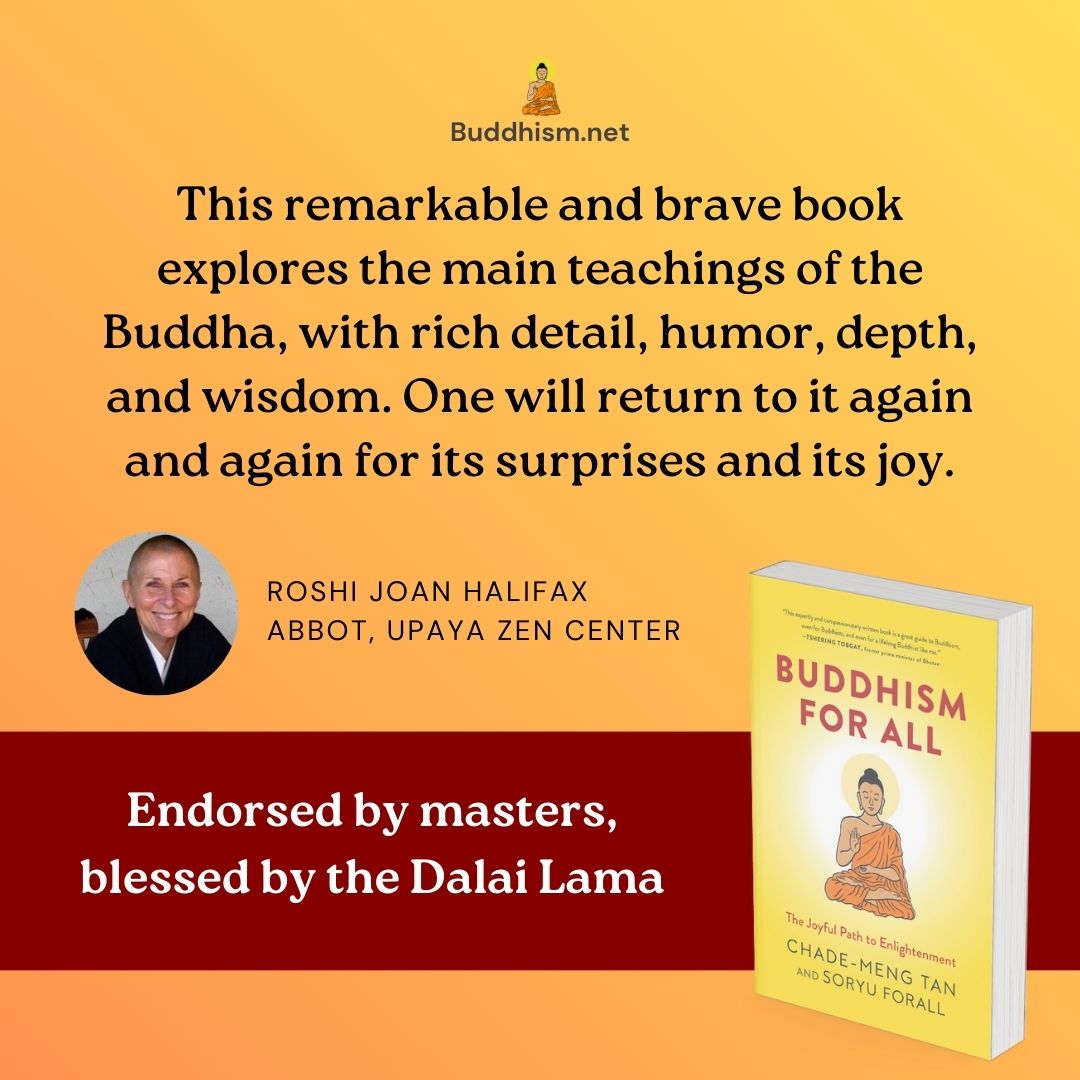The insight that you do not have to construct anything new to solve suffering also has a surprisingly powerful practical implication: that we can solve problems without creating new ones. This is an idea formulated by Soryu and a Buddhist master I know: Shinzen Young. The two of them are colleagues and friends, and in conversation one day made the astute observation that in the history of the world, every problem that is created by human beings started as a solution to a previous problem.
There is an example I find quite amusing, which is known as the Great Horse Manure Crisis of 1894.[1] In those days, cities depended on horses for transportation of people and materials. Each horse produced 15 to 35 pounds of manure a day, and they dumped it on the streets as they went. New York City alone had 100,000 horses producing 2.5 million pounds of manure per day. Experts predicted that as cities grew, city streets would soon be buried under tons of horse manure. Oh, crap. What to do? The solution was the motorcar (applause!). Unfortunately, the invention of the internal combustion engine enabled a massive increase in our consumption of fossil fuels, to the extent that it contributes significantly to global warming, which is a major problem plaguing humanity. So, the next time you think about the internal combustion engine’s contribution to global warming, know that it started as the solution to a previous problem, one that involves city streets being buried under horse manure.
This happens in an even more insidious way at a personal level: everything we do that causes suffering started as a solution to previous suffering. For example, if you are an alcoholic, you drink in order to feel better. If you do not drink, you feel very unpleasant, and your solution to this problem is to drink. You do this even though you know that getting a drink will cause suffering to yourself and your loved ones. You took an action to solve a problem in the present that creates the problem in the future. That is what makes an addict. And we all suffer this at multiple levels. For example, many extra slices of chocolate cake have been unhealthily consumed (yes, I do plead guilty, Your Honor), and many wars have been started that resulted in millions of deaths, because people were trying to solve the problem of having unpleasant feelings.
All solutions we formulate that later cause suffering have one thing in common: they all ignore the real cause of suffering, which is craving. In other words, all those solutions sidestep the real cause of the problem, and that is why they all turn out not to be real solutions. Imagine a hoarder who does not throw anything away. Her house is full of old newspapers, used pizza boxes, used dental floss, rotting food waste, empty soda cans, and all sorts of other trash. There is so much trash she can hardly even walk inside her own house. The solution is simple and obvious: throw out the trash. Let’s say instead of doing that, she puts silk brocades over her trash to solve the ugliness problem, applies perfume to solve the smell problem, and puts mouse traps all over the house to solve the rodent problem. No, it’s not really going to work. Her house was already livable in its original state, it is currently unlivable only because she accumulated so much trash. The real solution is to take away the trash, not to add more stuff to solve the problems caused by the trash.

In the same way, the mind experiences suffering only because it is defiled by craving. Any solution that ignores that cause not only leaves the original problem fundamentally unsolved, it creates more problems in the future. The right solution is to clear out the craving. That not only solves the problem, it has the happy side-effect of not creating other problems.
What is it like to be free from craving and, hence, free from suffering? That’s coming up next.
Activities
References
[1] The Great Horse Manure Crisis of 1894, on Historic UK. (link)
Featured image by Natalie Tsang.

